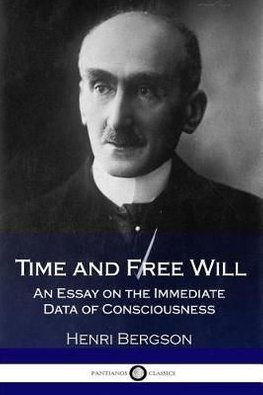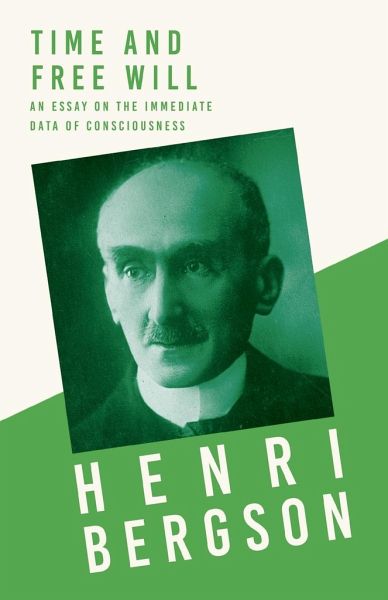Do you ask for 'bergson duration essay'? Here you can find the answers.
Henri Bergson first introduced his notion of continuance in his essay Time and Unimprisoned Will: An Essay on the Contiguous Data of Knowingness. It is put-upon as a defence of free testament in a answer to Immanuel Kant, who believed free will was alone possible outside clip and space.
Table of contents
- Bergson duration essay in 2021
- Henri bergson philosophy summary
- Bergson and his philosophy
- Duration theory
- Bergson élan vital
- Henri bergson quotes
- Bergsonian philosophy
- Bergson time and free will pdf
Bergson duration essay in 2021
 This image demonstrates bergson duration essay.
This image demonstrates bergson duration essay.
Henri bergson philosophy summary
 This image illustrates Henri bergson philosophy summary.
This image illustrates Henri bergson philosophy summary.
Bergson and his philosophy
 This image demonstrates Bergson and his philosophy.
This image demonstrates Bergson and his philosophy.
Duration theory
 This image demonstrates Duration theory.
This image demonstrates Duration theory.
Bergson élan vital
 This image shows Bergson élan vital.
This image shows Bergson élan vital.
Henri bergson quotes
 This picture representes Henri bergson quotes.
This picture representes Henri bergson quotes.
Bergsonian philosophy
 This image representes Bergsonian philosophy.
This image representes Bergsonian philosophy.
Bergson time and free will pdf
 This picture shows Bergson time and free will pdf.
This picture shows Bergson time and free will pdf.
What was the time period of Henri Bergson?
I have nothing of a mule, but I kept a strong tenderness for this glittering humanist with so new ideas that the university philosophy doesn’t accepted yet. Henri Bergson brings a breath of freshness and humanity in a time of upheaval, since his life took place between the Commune, the first and the second world war.
How is time different from duration for Bergson?
Time, for Bergson, is not different from duration. On the contrary, Bergson's view is that time is duration. Explanation: Bergson uses the word "time" like all of us do. That is, he uses the word "time" to capture the common, pre- theoretical and uncontroversial aspects of time.
Why did Robert Bergson invent the concept of duration?
Bergson first introduced his notion of duration in his essay Time and Free Will: An Essay on the Immediate Data of Consciousness. It is used as a defense of free will in a response to Immanuel Kant, who believed free will was only possible outside time and space. Immanuel Kant, who believed free will was only a pragmatic belief.
What was Henri Bergson's doctoral thesis on time?
His doctoral thesis was on Time and Free Will: An Essay on the Immediate Data of Consciousness (1889). Here Bergson distinguished between time as we actually experience it, lived time – which he called ‘real duration’ ( durée réelle) – and the mechanistic time of science.
Last Update: Oct 2021